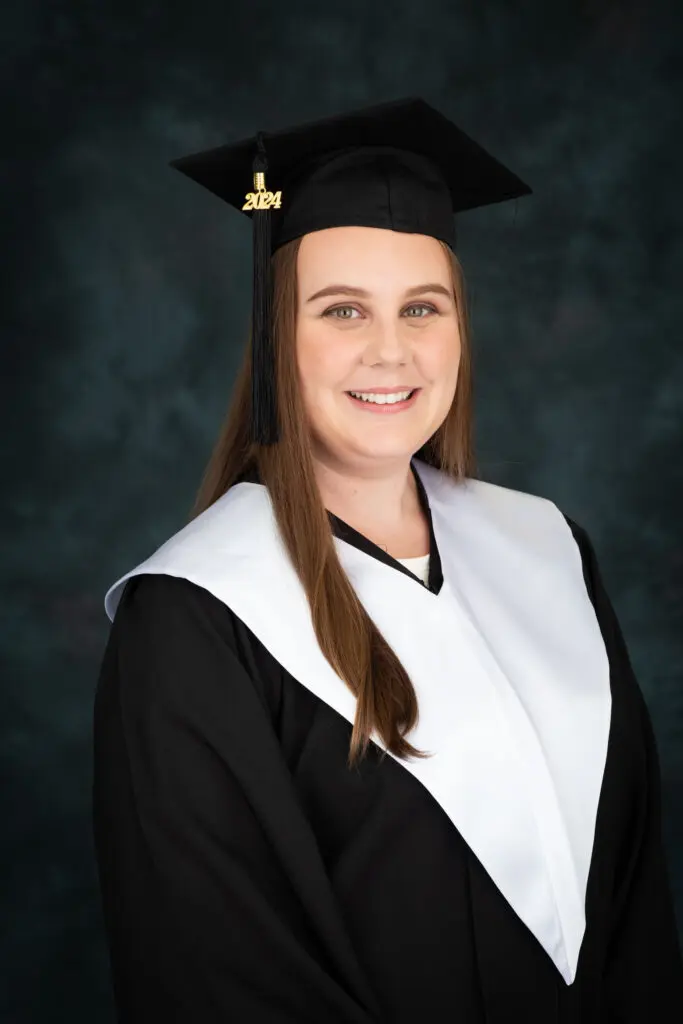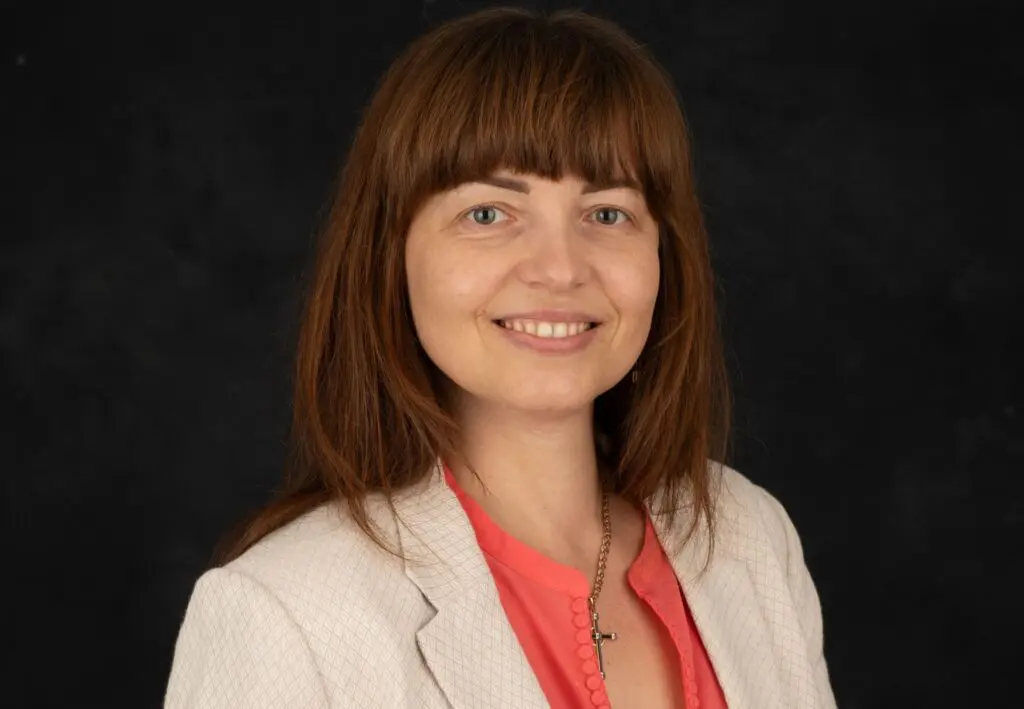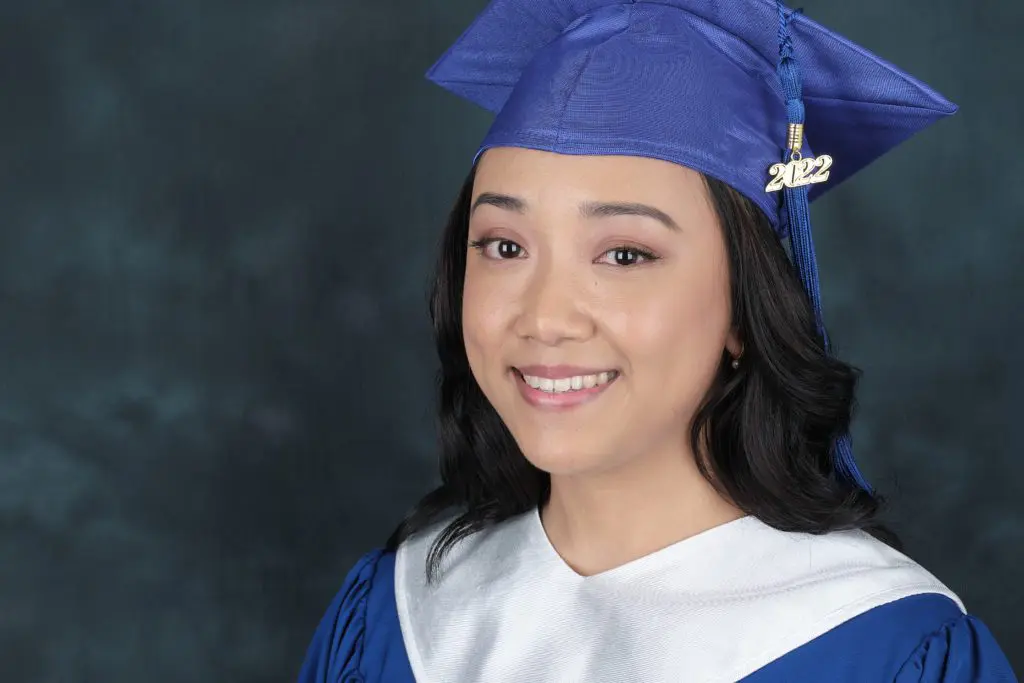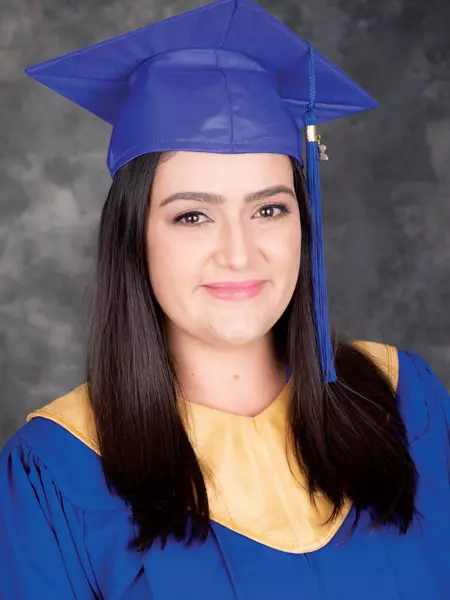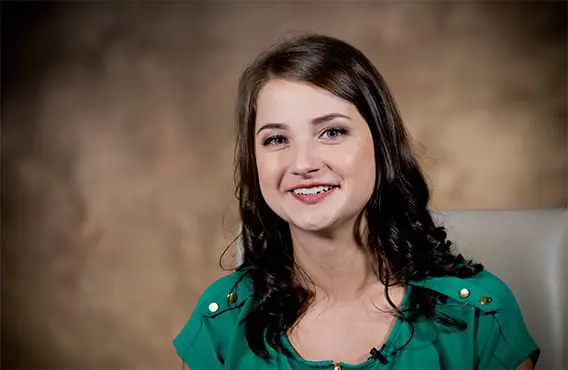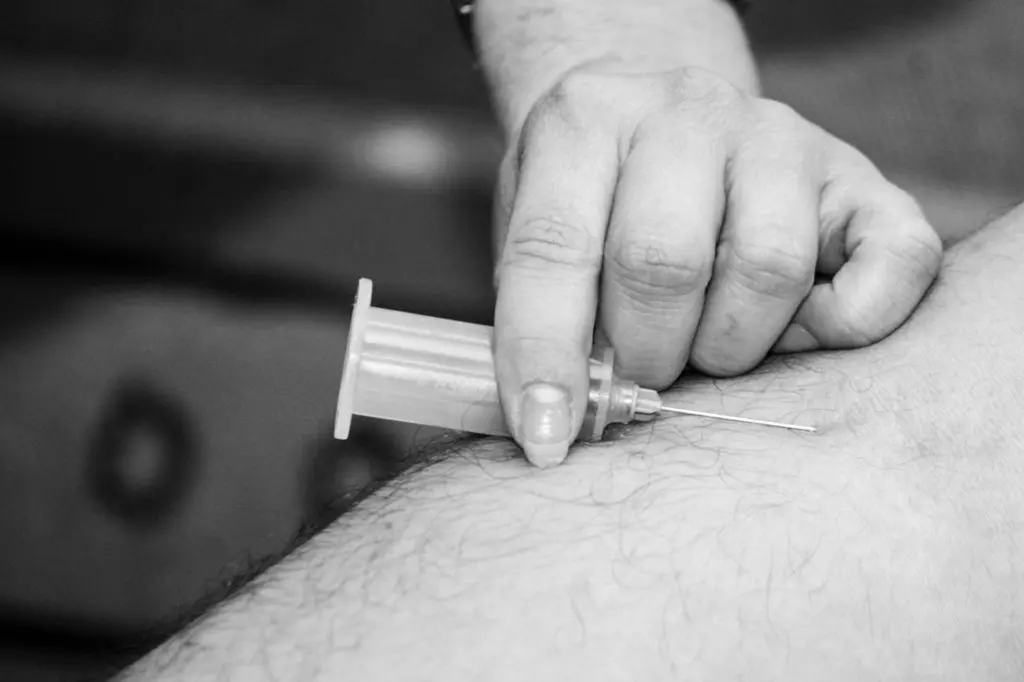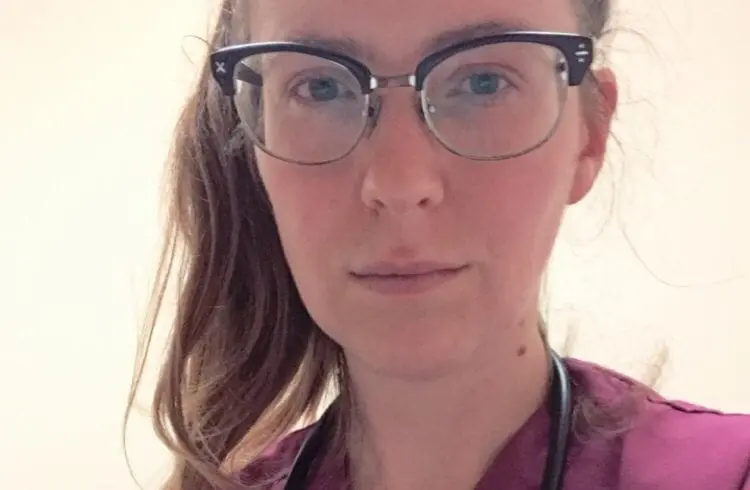My first clinical was an amazing experience. I had chosen to go to a Richmond facility. This is a home that housed older adults of different ages and different backgrounds. We were a group of 5 students and the building consisted of 3 floors. Two students per floor. A friend and I were put on in the unit where the dementia patients lived. I have never been with someone with dementia or never knew much about it, but working with the residents gave me new insight of what the disease can actually do to a person. It was hard for me to talk to them and feed them. Not because I didn’t want to but because of the fact the residents reminded me of my grandparents. Feeding them, bathing them, in general taking care of them was an amazing experience that I will hold with me for the rest of my life. While on the clinical I learned that what we learn in the class room is not necessarily what is practiced out in the hospital or residential setting, as practical nurses we must use our critical thinking and judgment and take actions that have the best outcome from our patients.
Although the first day was supposed to be just shadowing the care aids, I got to do a lot of hands on work. I helped with getting the residents up, helping with toileting, getting them dressed, and most importantly helping with feeds. Although it was my first day, I felt like I was prepared to tackle tasks because the school had prepared me so well. I felt confident in myself enough to ask the care aid for some activities which she could supervise and that could lessen her load. While feeding I knew you had to be really patient with the patients/residents while feeding, but experiencing just how patient one has to be first hand is completely different. Every bite is crucial for them to take in, because of their decreasing nutritional status and weight. I learned in school that dementia patient pocket their food, but never experienced what it meant and what it looked like, and I was grateful enough to experience 3 days on that particular unit.
Our instructor and our lab classes prepared us so well that by the end of the practicum I was taking care of 3 residents on my own, without the help of care aids. By the end of it the care aids were the individuals relying on us to do most of their work. In the beginning of the practicum I was not confident in myself. I knew the material, but i didn’t think I was able to take care of older adults with medical conditions properly. Throughout the practicum, I learned so much, from my instructor to the care aids and from the residents themselves and taking care of them was simple. We did the morning care which consisted of getting them up, dressing them, washing their face, toileting them, and using appropriate equipment to do so. We were trained really well and practiced a lot in the labs so I felt I was very prepared. All in all my experience has never been better. I learned how to implement a care plan when taking care of my residents and most importantly I learned how to use my critical thinking, in which we learn well in the labs.
I now see the importance to why personal communication is an important class that the school provides. Although I know how to communicate, I didn’t understand just how significant it is. Everything starts with communication and ends with communication. If the patient/resident doesn’t trust you, you will not get anywhere with them and they will refuse to get care, they may be agitated and may even be violent at times if they are uncomfortable. If you have a good rapport with them, everything that needs to be done is completed on time and with efficiency.
Check out this video of our Practical Nursing Program.

